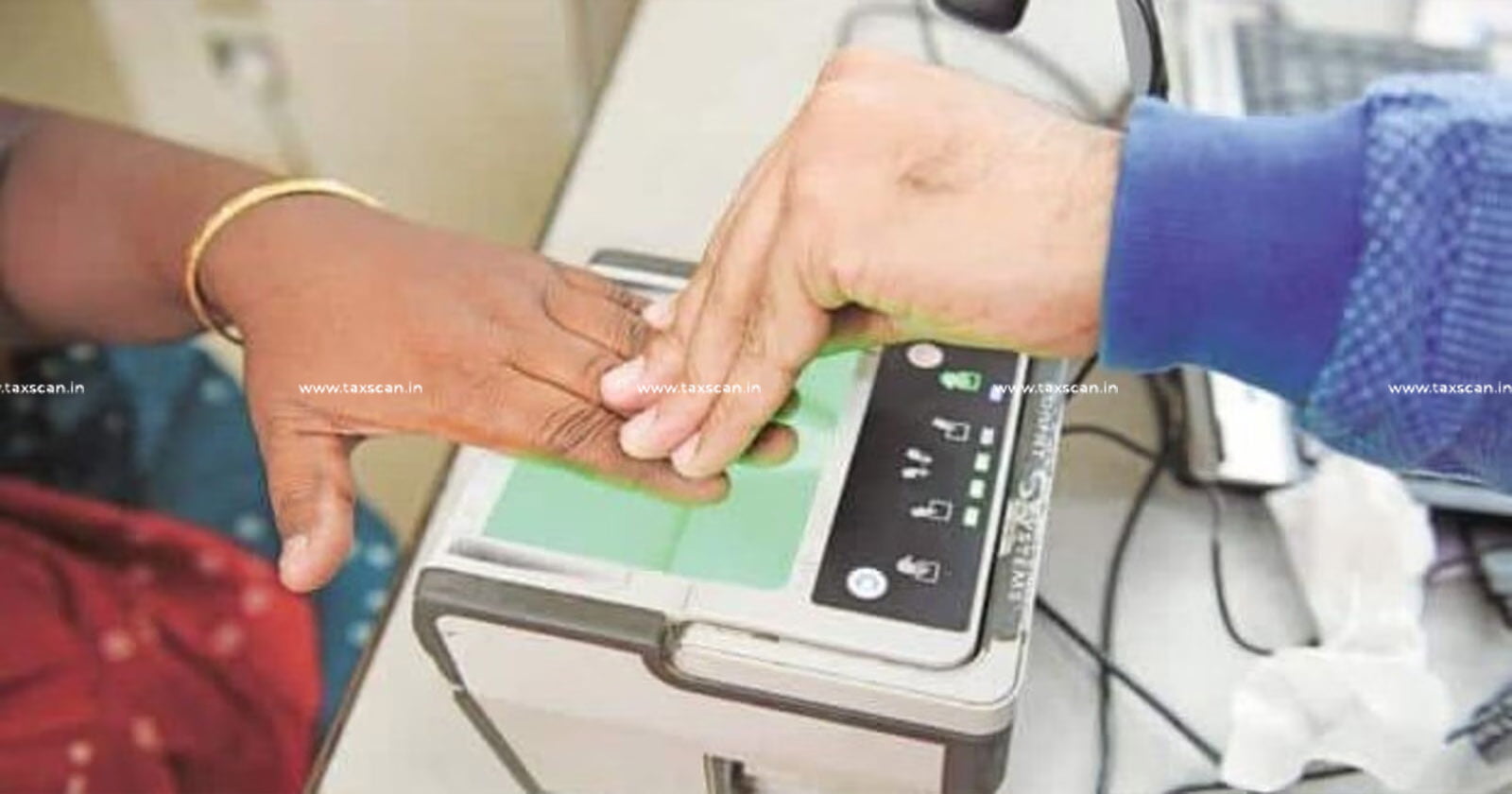CBIC intends for Biometric Authentication and Geo-tagging to curb Fake GST Registrations

The Central Board of Indirect Taxes and Customs (CBIC) intends to implement biometric authentication and geo-tagging as a measure to counter the proliferation of fraudulent Goods and Services Tax (GST) registrations.
The board has noticed a rising trend in the number of fake entities, posing significant challenges for the government due to fraudulent activities. By incorporating biometric authentication and geo-tagging, the CBIC aims to tackle this issue effectively.
The CBIC officials are considering the implementation of mandatory geo-tagging for all GST-registered firms. This measure aims to assist officers in verifying the accuracy of the addresses provided by companies during their GST registration process.
Geo-tagging is a widely employed technique in GPS-enabled applications and devices that offers precise details regarding the location of an object or occurrence. Its purpose is to facilitate users in organizing and retrieving content based on its geographical coordinates.
As a means to assess its effectiveness and potential consequences, the board has initiated a trial project for implementing biometric authentication and geo-tagging in a few states. Upon evaluating the outcomes of this trial project, the board intended to launch the initiative nationwide.
Recently, The Directorate General of Goods and Services Tax Intelligence (DGGI) of Jaipur busted in to the Input Tax Credit (ITC) rackets operating in 14 states through 549 fake firms involving bogus ITC claims of Rs. 1,047 crores. The officials have traced the mastermind of the racket in Delhi and arrested.
The DGGI has also arrested 2 key operators involved in the Input Tax Claim rackets involving the 461 bogus companies on fake ITC claims. The Gurugram Zonal unit of DGGI has unearthed an ITC scam of Rs. 863 crores.
Support our journalism by subscribing to Taxscan premium. Follow us on Telegram for quick updates


